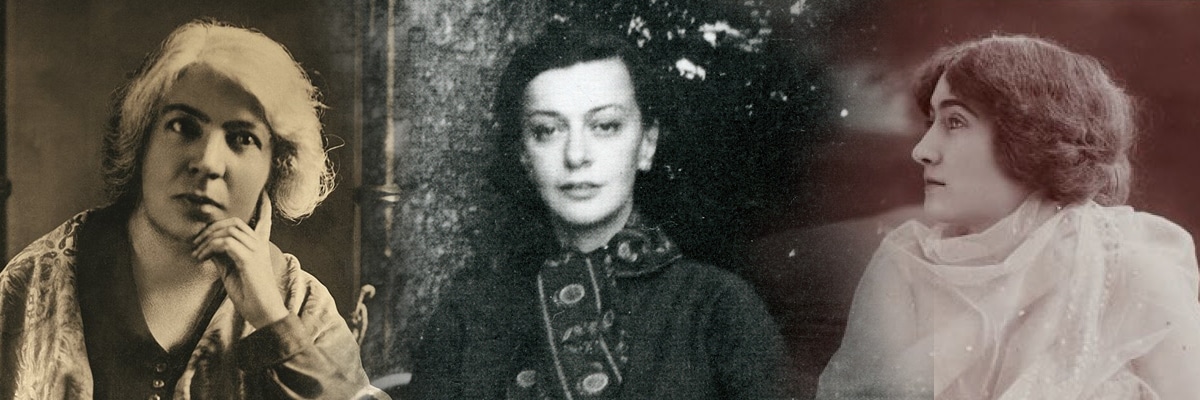On Sunday, February 25, the Sardinian regional elections were held, a local event that aroused great national significance because of the experiment of the so-called "campolargo" (coalition between PD and the Five-Star Movement) as a pilot project to strengthen the opposition to the Meloni government. The project partially came to fruition, as, albeit by a narrow margin, the very wide field with its presidential candidate won.
Alessandra Todde is the first woman governor of Sardinia and she is keen to make this clear, putting forward arguments such as breaking "crystal ceilings," her mother advising her not to let her "even buy a pair of socks," raising the tone of the ideological clash by talking about the opposition between "pencils and batons" to reconnect with issues of a national and general nature.
The new governor is a successful woman, former deputy minister in the Conte II government, an engineer and entrepreneur. She was born in Nuoro 55 years ago and shares a territorial background with another famous woman, the writer Grazia Deledda, whom Todde herself cited as a historical figure from whom to draw an example.
While the newly-born wide field carries the president/saint in procession, as a Sardinian vestal who will save the people from obscurantism, one wonders if some of the figures that today's women politicians cite as references really reflect the present's portrayal of them, or rather are women of genius but legitimately daughters of their time, talented but not assimilable to the neo-feminist vulgate that would like to make fetishes of them their own to use for their own purposes.
Although there can never be a conservative or sovereign feminism, because of the precipitous constitution that such a concept carries historically, there is and always will be a "women's question," and it seems right to bring back artistic and historical female figures to give them the purity of their time and space.
Grazia Deledda was the first and only Italian woman to win a Nobel Prize for Literature in 1926; known in her native land, but much less so in the peninsula, the Nuoro writer was prolific in her production and had numerous contacts with Italian and foreign artists.
Her literary output represents what with a neologism would be called "glocal" (i.e., a contraction between local and global) as she masterfully mixes specific Sardinian settings reverberating universal themes such as love, roots, illness and femininity, the latter declined in a combination of emancipation through salvific writing and respect for tradition.
The female figures in Deledda's books are creatures firmly anchored to the earth, a rugged land that gives roles and defined, ordered like the links of chains that follow one another in the passage of time. Deledda's women embody good and evil, nurturing dreamlike tensions while remaining anchored to the ground; they unravel in opposing characters, as in the novel Colombi e Sparvieri, in which Mariana represents the angel woman, saving and mirroring the subversive character of Columba.
In addition to good-evil Manichaeism, the woman carries with her a magical aspect, so much so that the love described arises because the man is bewitched by the demonic element. This literary aspect is confirmed by Dolores Turchi's ethnological studies, according to which Sardinian fairies (janas) were priestesses with shamanic-type prerogatives.
Grazia Deledda married civil servant Palmiro Madesani, with whom they immediately hit it off: the writer would have a certain freedom of action as her profession demanded, while nevertheless remaining a shy woman and lover of home life. The couple formed an artistic as well as a human partnership, as Madesani personally oversaw his wife's career. In the political elections of 1909, Grazia Deledda was Italy's first female candidate, in the Nuoro constituency, at a time when women were not yet allowed to vote. In this circumstance she obtained three votes, about 30 of which were annulled.
In the interesting interview that appeared in the "Corriere d'Italia," titled "Antifeminist Chats with the First Female Candidate", Grazia is pressed by the journalist, responding in an original and intelligent way, using profound arguments without ever lapsing into gender victimhood; women, yes, would need to be represented in institutions and could reconcile their roles as mothers and politicians, but "the best thing is to let the world go its way, without forcing the trends too much, nor without too much opposing them."
Original is another female figure, Valentine de Saint Point, who joined the Futurist movement and distinguished herself as a theater actress, dancer and thinker. Hers is the passage below, excerpted from a text called "The Theater and Women" of 1912, in which, with disarming lucidity she speaks of a very timely issue: the relationship between the sexes and feminism.
Yet ours is an age in which feminism triumphs, with its horrors and its beauty. Next to women devoid of all grace, who, in order to acquire rights that other women have practically always possessed, copied men, have virilized themselves to the point of losing all their essential feminine qualities; other women, who are beautiful or simply endowed with a broader intelligence, have acquired a greater independence and spirit of life, a taste for personal effort and activity in harmony with the grace and fatality of their being.
These chaotic and fluid years should bring to light the mystical beauty of Cristina Campo, poet and translator, born in 1923 in Bologna to a middle-class family, a crystalline and anti-modern spirit. She worked in translation and poetry and had a life marked by illness and loneliness, interspersed with fruitful exchanges with great intellectual figures and a passionate love life.
Grazia, Valentine, Cristina can become our nonconforming influencers, indomitable singers of being and witnesses of a new feminism.
A graduate in Psychology, a political activist, she cultivates in parallel a passion for the topics of political communication, the relationship between the sexes and military history.









Scrivi un commento